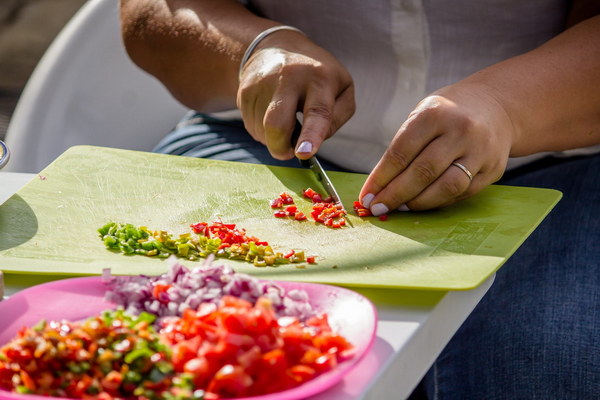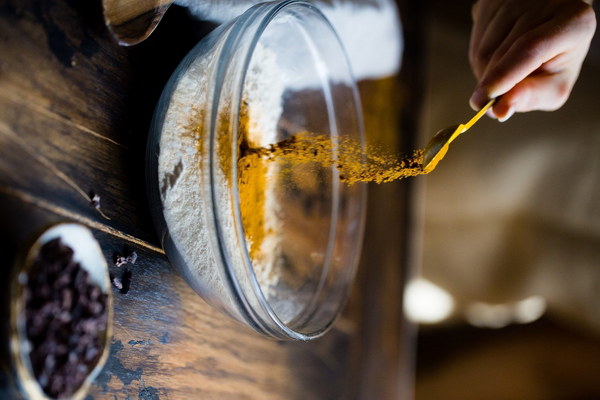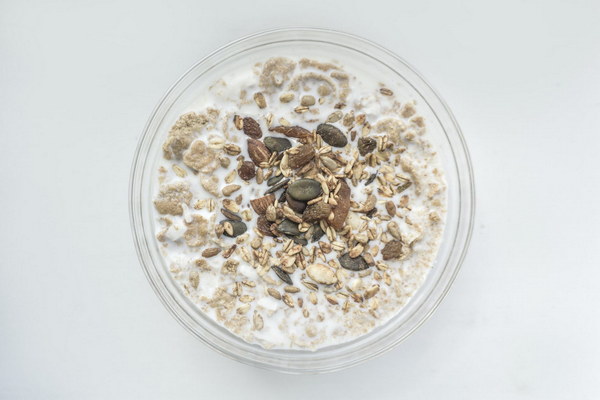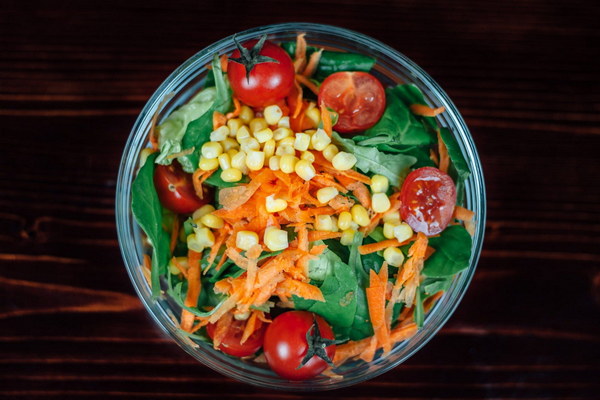Unveiling the Distinctions Mukang Shunqi vs Xiangsha Yangwei
In traditional Chinese medicine, there are numerous herbal formulas designed to address specific health conditions. Among them, Mukang Shunqi and Xiangsha Yangwei are two popular herbal formulas known for their digestive benefits. While they share some similarities, there are distinct differences in their composition, indications, and usage. This article aims to delve into the distinctions between Mukang Shunqi and Xiangsha Yangwei, shedding light on how these two formulas can cater to different health needs.
Mukang Shunqi, also known as Carrot and Safflower Combination, is a herbal formula primarily used to treat liver qi stagnation and promote digestion. The formula consists of Carthamus tinctorius (safflower), Atractylodes macrocephala (white atractylodes), and other herbs. The primary action of Mukang Shunqi is to move the qi, eliminate blood stasis, and resolve dampness, thereby alleviating symptoms of liver qi stagnation.
On the other hand, Xiangsha Yangwei, or Cinnamon and Atractylodes Combination, focuses on strengthening the spleen and stomach, promoting digestion, and reducing bloating. The formula includes Amomum xanthioides (cinnamon), Atractylodes macrocephala (white atractylodes), and other herbs. The primary purpose of Xiangsha Yangwei is to warm the spleen and stomach, dispel cold, and resolve dampness, which helps alleviate symptoms related to spleen and stomach weakness.

Now let's explore the differences between Mukang Shunqi and Xiangsha Yangwei in more detail:
1. Composition:
Mukang Shunqi primarily uses safflower to move the qi and blood, while Xiangsha Yangwei focuses on cinnamon to warm the spleen and stomach. The other herbs in each formula complement the primary ingredients, but the main difference lies in the choice of the lead herb.
2. Indications:
Mukang Shunqi is suitable for individuals with liver qi stagnation, such as those experiencing chest pain, bloating, and poor appetite due to liver qi disharmony. Xiangsha Yangwei, on the other hand, is more suitable for people with spleen and stomach weakness, characterized by symptoms like bloating, poor appetite, and fatigue.
3. Action Mechanism:
Mukang Shunqi works by promoting blood circulation and resolving dampness, which helps alleviate the symptoms of liver qi stagnation. Xiangsha Yangwei, however, focuses on warming the spleen and stomach, which can help improve digestion and reduce bloating.
4. Dosage and Administration:
The dosage of Mukang Shunqi and Xiangsha Yangwei may vary depending on the individual's condition and the severity of symptoms. It is essential to consult a healthcare professional before taking these herbal formulas to ensure proper dosages and avoid potential adverse reactions.
5. Contraindications:
Both Mukang Shunqi and Xiangsha Yangwei should not be taken by individuals with certain conditions, such as pregnancy, hemophilia, or severe liver and kidney dysfunction. It is crucial to discuss any pre-existing health conditions with a healthcare provider before starting these herbal formulas.
In conclusion, Mukang Shunqi and Xiangsha Yangwei are two distinct herbal formulas with different compositions, indications, and actions. While both are used to promote digestion and alleviate bloating, they cater to different health needs. Mukang Shunqi is more suitable for liver qi stagnation, while Xiangsha Yangwei focuses on spleen and stomach weakness. It is essential to consult a healthcare professional to determine the most appropriate herbal formula for an individual's specific health condition.









